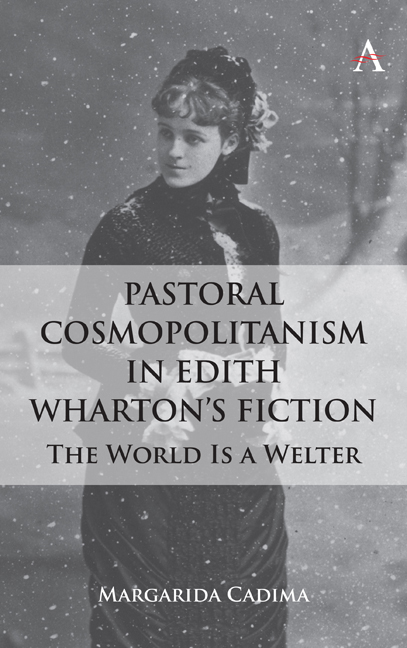Chapter 2 - American Back Grounds
Published online by Cambridge University Press: 28 February 2024
Summary
Bellomont
In “The Background,” the opening chapter of A Backward Glance, Wharton ties her ecological awakening to a specific moment in her childhood: “I cannot remember when the grasses first spoke to me, though I think it was when, a few years later, one of my uncles took me with some little cousins, to spend a long spring day in some marshy woods near Mamaroneck.” It is especially notable that she connects this awakening to the Hudson Valley, an area that features prominently in some of her novels. As an adult writing about an event that took place many decades before, Wharton includes vivid tangible detail regarding blossoms and sward. Westchester county was “where the earth was starred with pink trailing arbutus, where pouch-like white and rosy flowers grew in a swamp, and leafless branches against the sky were netted with buds of mother-of pearl.”
I propose here that Wharton's literary narratives restage and reassess this ecological awakening or moment of being through “garden plots.” She indicates how her creative faculty flows from a heightened consciousness of this natural terrain:
My imagination lay there, coiled and sleeping, a mute hibernating creature, and at the least touch of common things—flowers, animals, words, especially the sound of words, apart from their meaning—it already stirred in its sleep, and then sank back into its own rich dream
Wharton's conception of a “coiled” imagination—implying a living organism—invites comparison with Katherine Mansfield's “love” for a type of artistic “mind” that “must have wild places, a tangled orchard where dark damsons drop in the grass, an overgrown little wood, the chance of a snake or two” and “paths threaded with flowers planted by the mind”. For Wharton, as for Mansfield, gardens comprise “such a subtle combination of the artificial and the natural—that is, partly, the secret of their charm.” Wharton's garden imagery shows how she tunes her own aesthetic gifts to the frequency of “things” that make visible the point where domesticated (human) nature and the wild (psychic) hinterlands contend, negotiate and converge. Wharton crafts her own version of “negative capability” here—an acute responsiveness to “dream,” fancies, native auras and subliminal potencies that emanate from local soil.
- Type
- Chapter
- Information
- Pastoral Cosmopolitanism in Edith Wharton's FictionThe World is a Welter, pp. 11 - 30Publisher: Anthem PressPrint publication year: 2023



